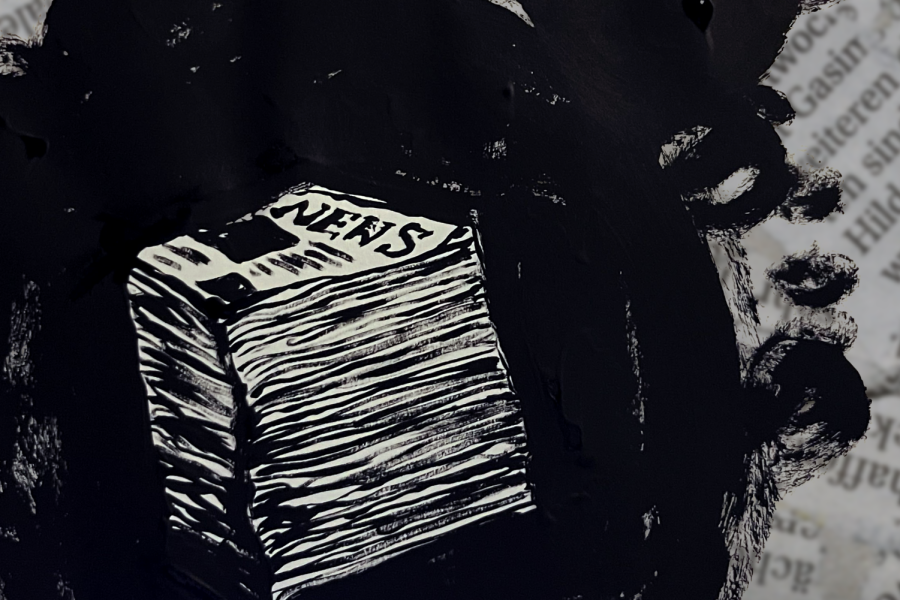UT needs to publicly stand with The Battalion
March 1, 2022
Through student media, the next generation of journalists are born. And though it may seem like the concept of a print newspaper is obsolete, physical newspapers continue to be a big part of the news.
On Friday, Feb. 11, news broke that Texas A&M’s historic newspaper, The Battalion, was told to stop production of their weekly print paper. This decision was made by Texas A&M president, Katherine Banks, in a move to make the publication solely digital.
To stand with student media, UT should release a statement in support of The Battalion and their efforts to continue printing.
Andrew Stagg, a history senior who attends Texas A&M, is an advocate for The Battalion and its role in holding the university accountable.
“[Texas A&M’s] response to the COVID-19 pandemic wasn’t the best … and the paper has called that out,” Stagg said.
Student media’s purpose is to act as a watchdog of universities. Without student media like The Battalion, universities will have free reign to do whatever they want without accountability. Because The Battalion makes a majority of their revenue from print ads, this move to stop printing may limit what they can report.
Though the move to a digital only format may seem smart given how many people prefer to view news on digital platforms, it is actually not that simple. Kathleen McElroy, the director of the School of Journalism at UT, explained why print is still crucial.
“I understand why people would wonder why The Battalion would continue to want to be printed at least once a week, but the printed papers still have important uses as mementos (and) as records,” McElroy said. “It means something to the student. It means something to the person being quoted.”
Print newspapers are still a necessary part of student media. Print is not an obsolete format and has many benefits, including the ability to keep student media independent.
A university removing the ability for students to choose how they run their media is wrong.
If UT came out to support The Battalion, it would be a huge win for protecting student media. This could also ensure that a move like this will never be done to other newspapers on this campus and would show solidarity with student media.
The protection of student media is a constant fight, so universities making a statement standing with The Battalion is important. However, others may feel that universities should do more than talk.
“I’m usually not for making statements as much as trying … to work with all the parties involved,” McElroy said.
It is true that actions do speak louder than words. But in this instance, where UT is unable to make any tangible changes, a public statement would be the best way to stand up for student media.
“I think The Battalion needs all the support it can get right now,” Stagg said.
When big universities like Texas A&M take aggressive measures against independent student media, it is setting a precedent for other institutions to do the same. The next generation of journalists are being trained through these institutions, and it is the job of universities to foster this growth. The best way for UT to stand on the side of student media is to show public support for The Battalion during this time.
Cherian is a journalism junior from Round Rock, Texas.











